
Paperback, 152 pgs.
I am an Amazon Affiliate
Frank: Sonnets by Diane Seuss is a collection that, at times, tried my patience with its contradictions. But isn’t that what life is — a bucket of contradictions? She says in one of her opening sonnets: “The problem with sweetness is death. The problem/with everything is death. There really is no other problem/” Death is a final stop, and it toys with many of us, taking our friends or family too soon, putting us in situations where death could take us but doesn’t, and it looms in the close distance for us to get there.
Seuss pulls no punches in this collection and remains forthright in her depictions of giving birth, aging, abortion, abandonment by a drug-addicted son, and so much more. Aging is a central theme, even when she speaks of her childhood self. Poetic subjects waste away with AIDS, fade into the distance of space or recollection, or remain behind the larger death that pierces the happiness or contentment she seeks. She explores the falseness of faith in Catholicism, the nationalistic scourge that America finds itself consumed by, and the undercurrent of poverty and it’s traumatic scars. She sees the “undershirt” of it all.
“We all have our trauma nadir,” is the sonnet that guts us. We are her and she us. We all have trauma; we are told to lock it away (get over it); but what place is big enough to hold all of that trauma away so that it will no longer affect us? She adds in a later sonnet, “I can’t live up to normal.” Isn’t normal a fallacy? What exactly is normal and how can you be expected to achieve it when no one knows what it is? Despite these dark topics, it is clear that to live is to live with “sharp things.” Without these traumas and disappointments, where would we be?
Frank: Sonnets by Diane Seuss is a winding trail of darkness that teaches readers about the beauty in that darkness. It is an exercise in owning our own disappointments and traumas and learning how to let them go and move forward with our lives. It is a tough medicine to take, but Seuss is confident that we can take it or nearly die trying.
RATING: Quatrain
To Enter the giveaway: Leave a comment with your email address by June 30. Must be age 18+ and have a U.S. postal address.

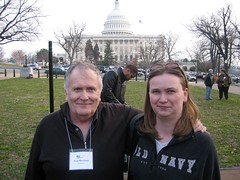
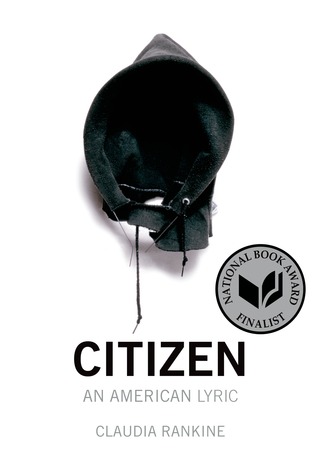
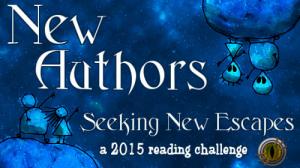
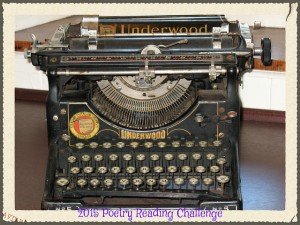

 About the Editor:
About the Editor: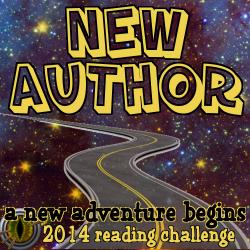
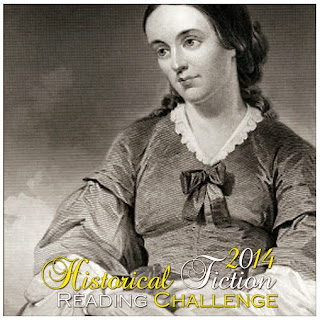


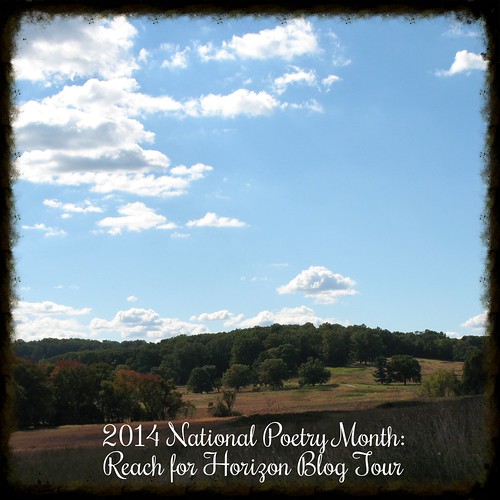


 Life on Mars by Tracy K. Smith, published by Graywolf Press on 30 percent post-consumer wastepaper, is a collection sliced up into four parts, and it won this year’s
Life on Mars by Tracy K. Smith, published by Graywolf Press on 30 percent post-consumer wastepaper, is a collection sliced up into four parts, and it won this year’s 
 The Last Brother by Nathacha Appanah, translated by Geoffrey Stachan is a quiet novel that hits the heart, twisting it until tears pour from the reader’s eyes. Beginning slowly with the main character awaking from a dream, the novel builds to a crescendo, followed by still powerful diminuendo of reflection. Appanah and Stachan’s translation provide a sense of distance from the characters at first, but pull readers in through the magic of the dreams and the jungle, generating the sense of hollowness and fullness of love in tension.
The Last Brother by Nathacha Appanah, translated by Geoffrey Stachan is a quiet novel that hits the heart, twisting it until tears pour from the reader’s eyes. Beginning slowly with the main character awaking from a dream, the novel builds to a crescendo, followed by still powerful diminuendo of reflection. Appanah and Stachan’s translation provide a sense of distance from the characters at first, but pull readers in through the magic of the dreams and the jungle, generating the sense of hollowness and fullness of love in tension. About the Author:
About the Author:

 Unincorporated Persons in the Late Honda Dynasty by
Unincorporated Persons in the Late Honda Dynasty by 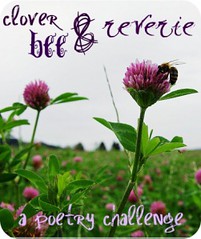
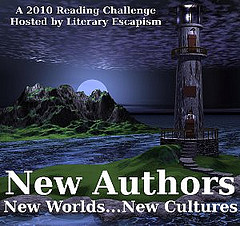

 About the Poet:
About the Poet:
 This is my 16th book for the
This is my 16th book for the 


